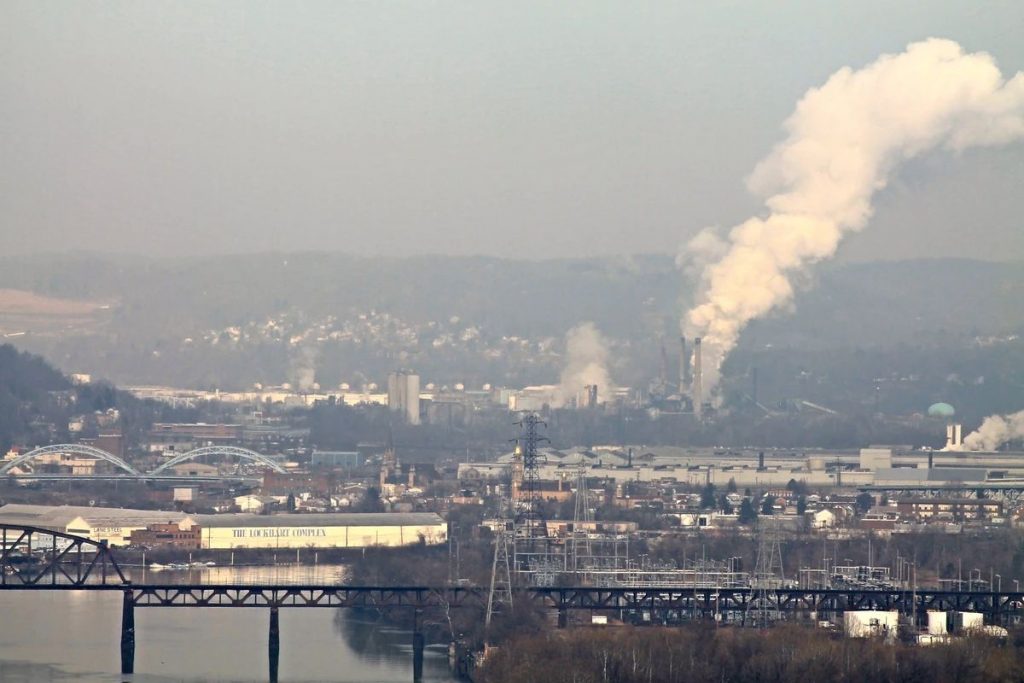“Our analysis adds to the growing body of scientific evidence that policies implemented to regulate and reduce fossil fuel-related air pollution have real public health benefit,” said a study co-author.
By Brett Wilkins. Published 8-4-2023 by Common Dreams

(Photo: Jon Dawson/flickr/cc)
Emergency room visits by people suffering heart attacks and strokes significantly decreased almost immediately after one of the largest coal-processing plants in Pittsburgh, Pennsylvania shut down in 2016, a study published this week revealed.
The study—published in the journal Environmental Research: Health—found “immediate and/or longer-term cumulative local cardiovascular health benefits” after the January 2016 closure of the Shenango Coke Works on Pittsburgh’s Neville Island following millions of dollars in government fines for polluting the air and water over its 54 years of operation.
Researchers Wuyue Yu and George Thurston observed a 90% drop in sulfur pollution, “as well as significant reductions in coal-related fine particulate matter constituents (sulfate and arsenic) after the closure,” resulting in “a 42% immediate drop… in cardiovascular emergency department visits from the pre-closure mean.”
Link to paper: https://t.co/hhP1pAKPw1
— George Thurston (@ProfGThurston) August 4, 2023
A key result: pic.twitter.com/w1Z57XX6Af
The study found an even greater long-term reduction in cardiovascular ER visits, which plummeted by 61% in the three years after the plant’s closure.
“The immediate and long-term benefits from dramatic reductions in exposure to air pollution are also analogous to the steady reductions in illness and disease that have been observed over time following smoking cessation,” Thurston, a professor at the Departments of Medicine and Population Health at NYU Langone, said in a statement.
“Our analysis adds to the growing body of scientific evidence that policies implemented to regulate and reduce fossil fuel-related air pollution have real public health benefit,” Thurston added.
Each year, air pollution kills more people worldwide than wars, tobacco, and various diseases combined—around 8.7 million deaths annually, according to one study, or nearly 1 in 5 of all global fatalities.
Our work is licensed under Creative Commons (CC BY-NC-ND 3.0).

